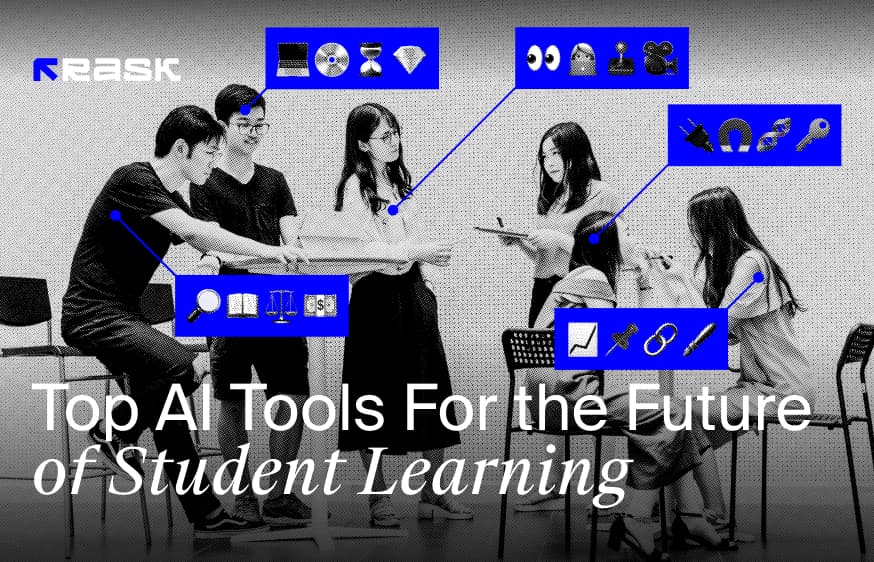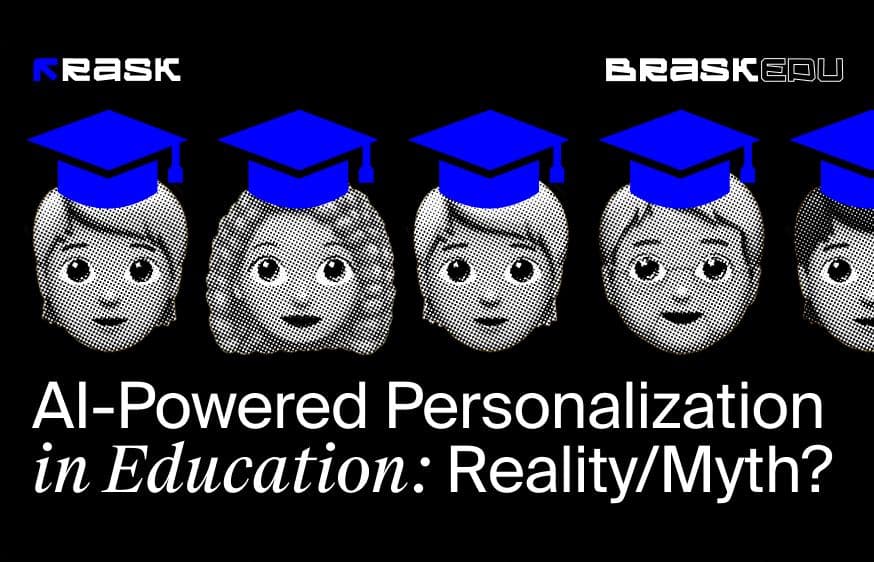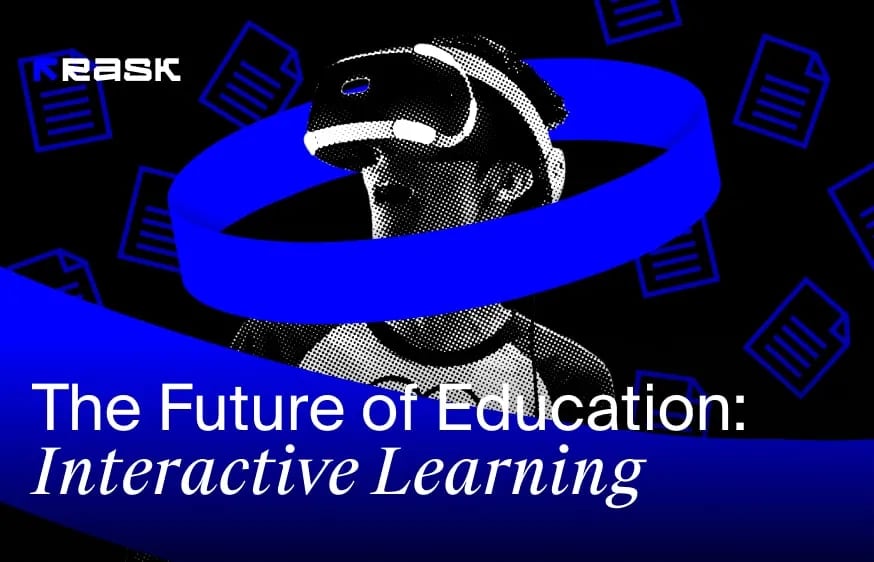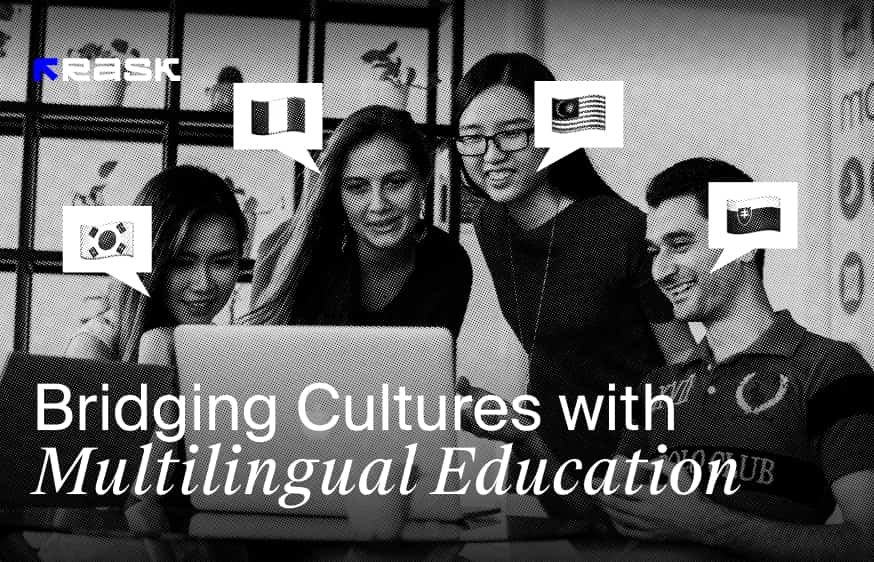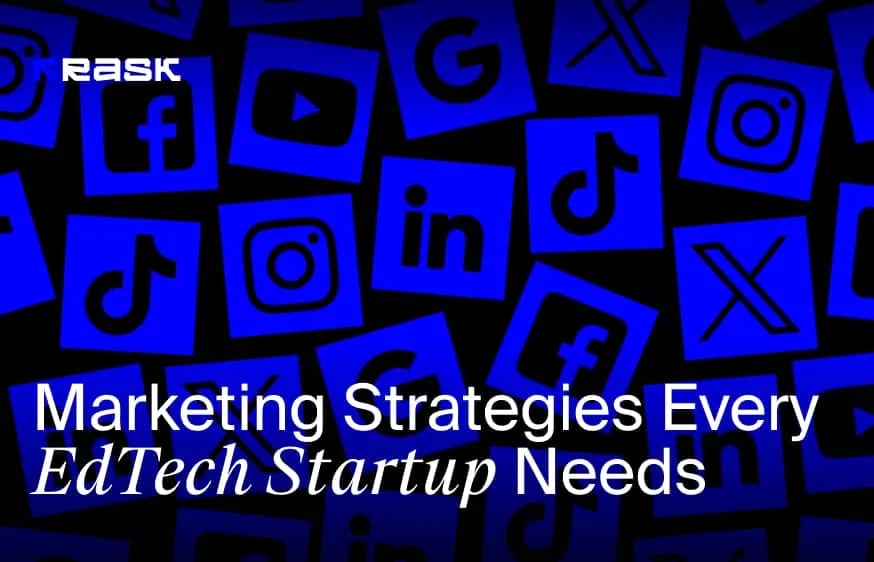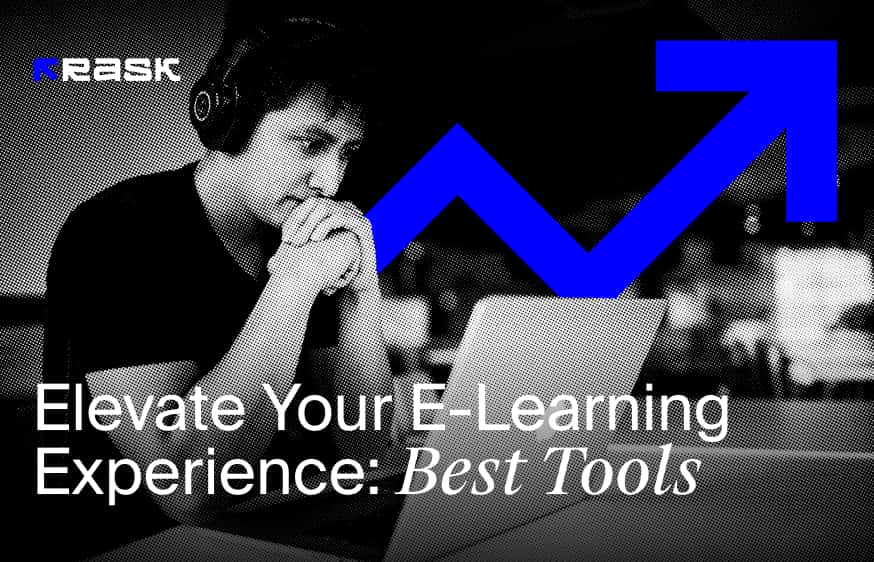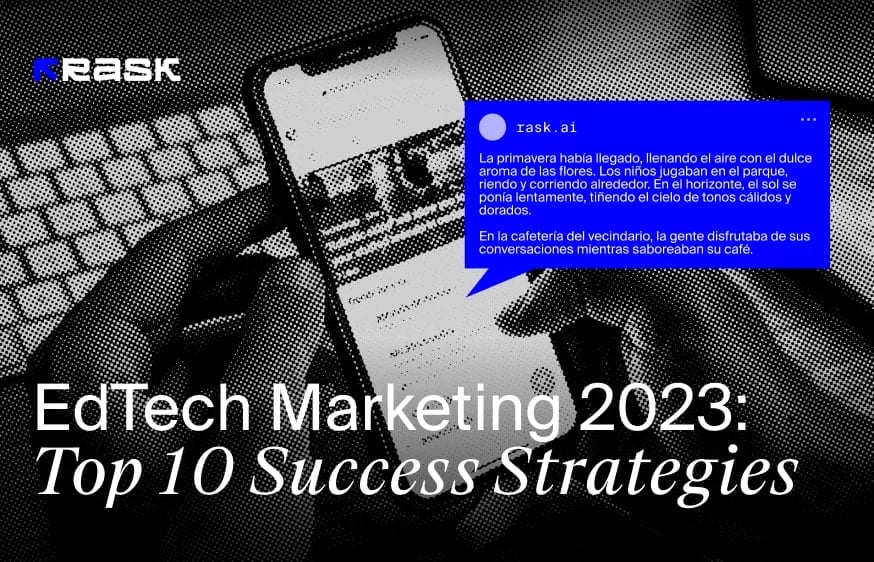The Future of Education: AI's Role in the Next 10 Years
AI is helping the EdTech industry evolve at an unprecedented pace. Anyone in this field can attest to that. While most professionals are aware of the current trends, we at Rask AI are curious about what people envision for the future.
How will EdTech change over the next decade? What role will AI play in that transformation?
As you may have guessed, AI is poised not only to disrupt the EdTech space but also to make a significant contribution to the advancement of educational trends. AI will revolutionize learning experiences and educational outcomes in ways we can hardly imagine today.
Maria Chmir, CEO and founder of Rask AI, Benoit Wirz, founding partner of Brighteye Ventures, recently chatted about AI.
They talked about how AI is currently transforming education, the necessity for educators at all levels to enhance their AI knowledge, and how AI can significantly expand and improve the effectiveness of educational programs for students, lifelong learners, and professionals.
The Growing Influence of AI in Education
Integrating AI in education has been an interesting revolution thus far. Schools and universities worldwide are beginning to see the benefits of AI-powered tools and platforms.
From personalized learning experiences to automated administrative tasks, AI makes education more efficient and accessible.
For example, adaptive learning systems use AI to customize educational content based on individual student needs, ensuring each learner gets the most relevant and effective instruction. This technology is helping to close the achievement gap by providing all students with the resources they need to succeed.
Furthermore, AI-driven analytics can track student performance in real time, offering educators valuable insights into their students' strengths and weaknesses. These insights enable teachers to intervene early and provide targeted support, ultimately improving student outcomes.
The Emergence of AI Tutors
One of the most exciting developments in EdTech is the rise of AI tutors. These intelligent systems are designed to assist self-motivated learners by providing personalized instruction and feedback.
Benoit is incredibly interested in these tools, saying,
Unlike traditional tutoring, AI tutors are available 24/7, making it easier for students to access help whenever needed.
AI tutors use machine learning algorithms to adapt to each student's learning style and pace. For instance, if a student struggles with a particular concept, the AI tutor can offer additional practice problems and explanations until the student grasps the material. This level of personalization enhances the learning experience and boosts student confidence.
Several platforms, such as Carnegie Learning's MATHia and Duolingo, have already integrated AI tutors into their offerings. These tools are helping students worldwide achieve their academic goals more efficiently and effectively.
How AI Can Enhance the Efficiency of Educators
Educators also stand to gain from AI tech. It can automate routine tasks, such as grading and attendance tracking, freeing up teachers' time to focus on more meaningful interactions with their students.
AI-powered grading systems can evaluate multiple-choice tests and short-answer responses with high accuracy, providing immediate feedback to students.
Tools like these save time and allow teachers to quickly identify areas where students may need additional support.
Right now, educators are seeing numerous benefits from AI in the standardized testing space. Benoit added, “Using AI to assess more in the flow of learning is a real opportunity. Specifically, to accelerate and enhance preparation for traditional tests because the motivation is less of a problem because you have this big test coming up.”
Additionally, AI can assist in lesson planning by analyzing vast amounts of educational content and suggesting relevant materials tailored to the curriculum and student needs. Capabilities like this keep lessons engaging and effective, making a teacher’s life smoother and less stressful.
Dive into a must-read report by Rask AI, revealing game-changing insights from 150+ educators and students on the role of AI in learning.
Thoughts on Lifelong Learning
The importance of lifelong learning cannot be overstated. With industries constantly evolving, individuals must continuously update their skills to remain competitive.
— said Benoit, whose firm is already investing in projects that tackle this issue.
AI promotes lifelong learning by providing accessible and personalized educational opportunities for learners of all ages.
Online learning platforms like Coursera and edX utilize AI to recommend courses based on interests and career goals. These recommendations help learners discover new subjects and skills, encouraging them to pursue continuous education.
Furthermore, AI-powered chatbots and virtual mentors can provide guidance and support throughout the learning journey, making it easier for individuals to stay motivated and on track. By facilitating lifelong learning, AI is helping to create a more adaptable and skilled workforce.
Setting the Tone for the EdTech Industry
AI's impact on the education sector is profound and far-reaching. From personalized learning experiences and AI tutors to enhanced efficiency for educators and lifelong learning opportunities, AI is reshaping how we approach education.
These advancements empower students with tailored educational pathways, provide teachers with tools to streamline their workload and support learners in continually updating their skills.
As we move forward, embracing AI in our educational systems will be crucial to unlocking the full potential of these technologies and ensuring that education evolves to meet the needs of future generations.
Rask AI is at the forefront of creating advanced technologies and transforming them into practical tools that facilitate a new level of development and education. Our aim is to turn content into a beacon of enlightenment by making its production accessible to all and the learning process more efficient.


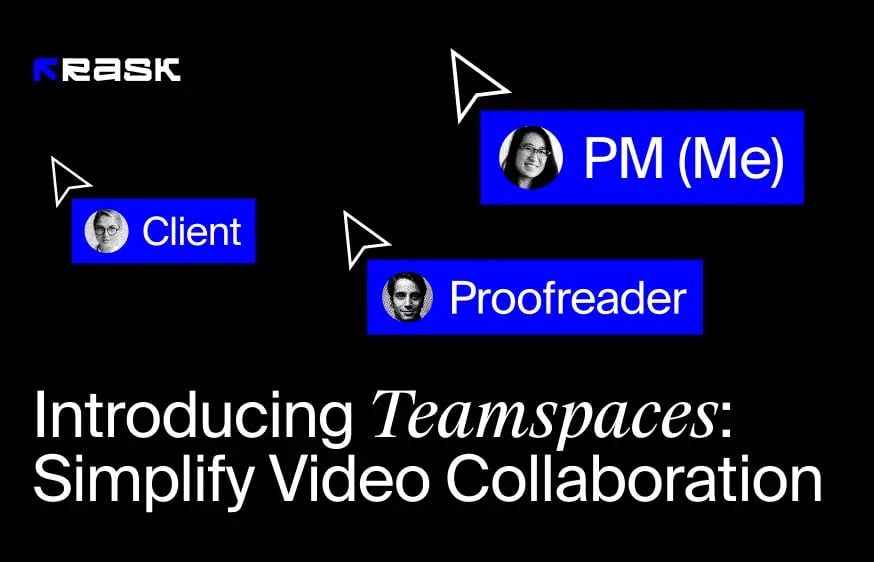
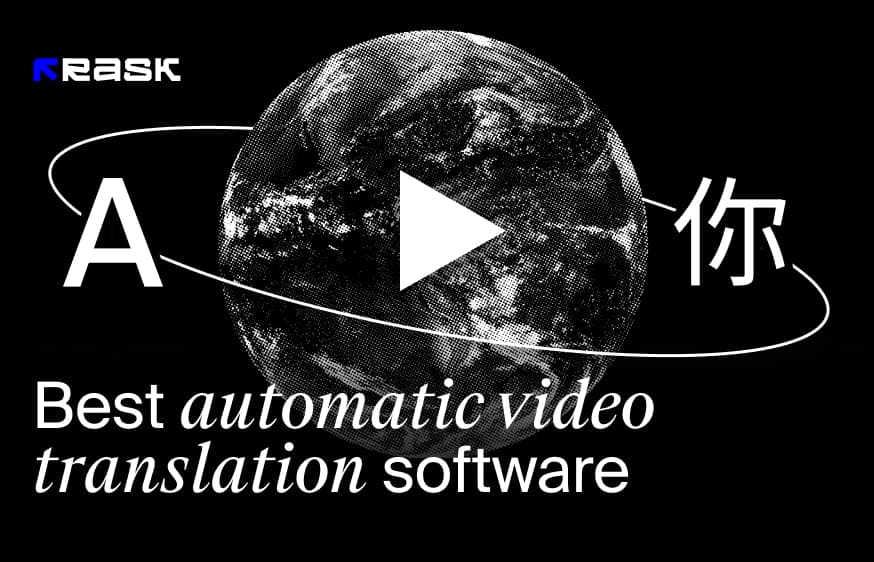
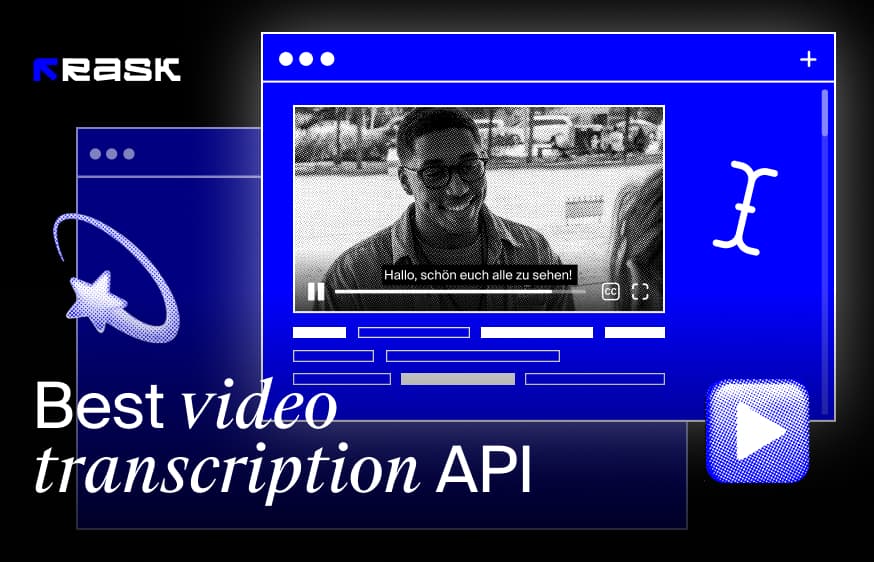
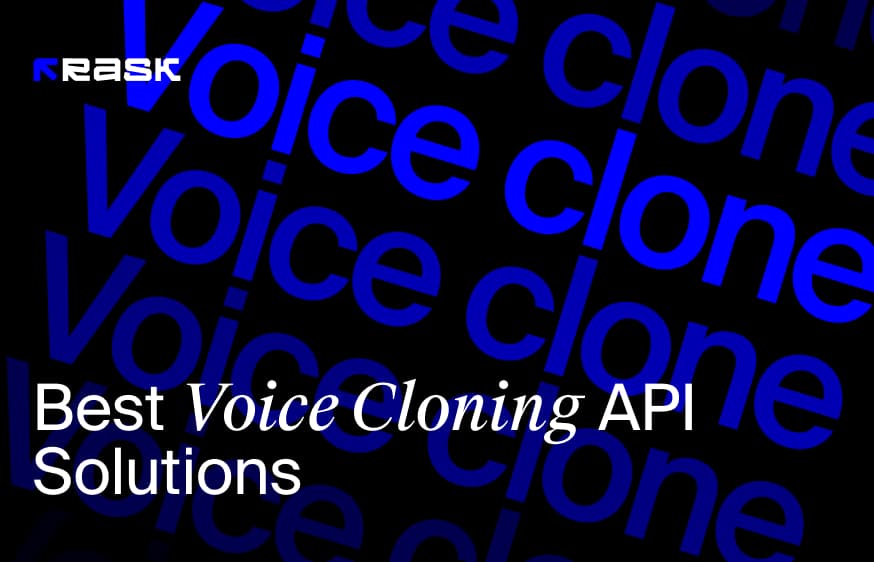
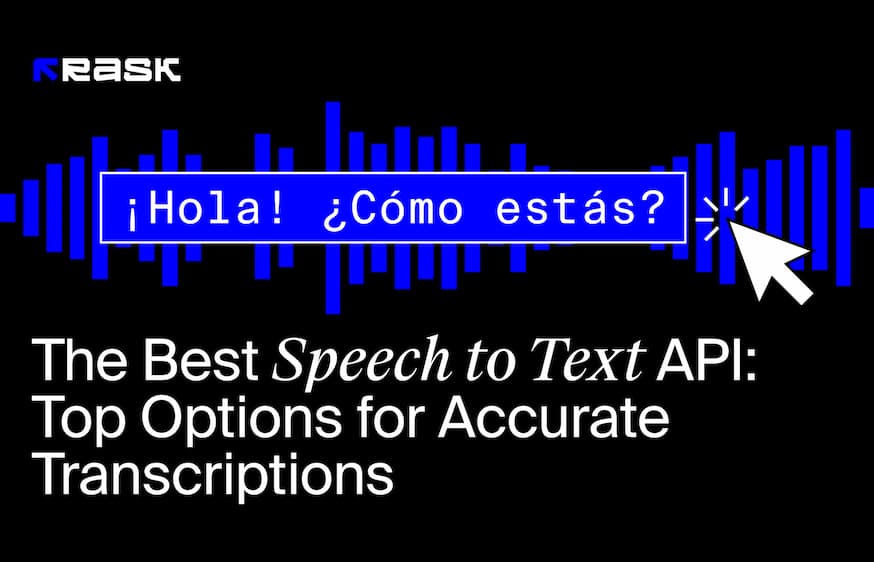
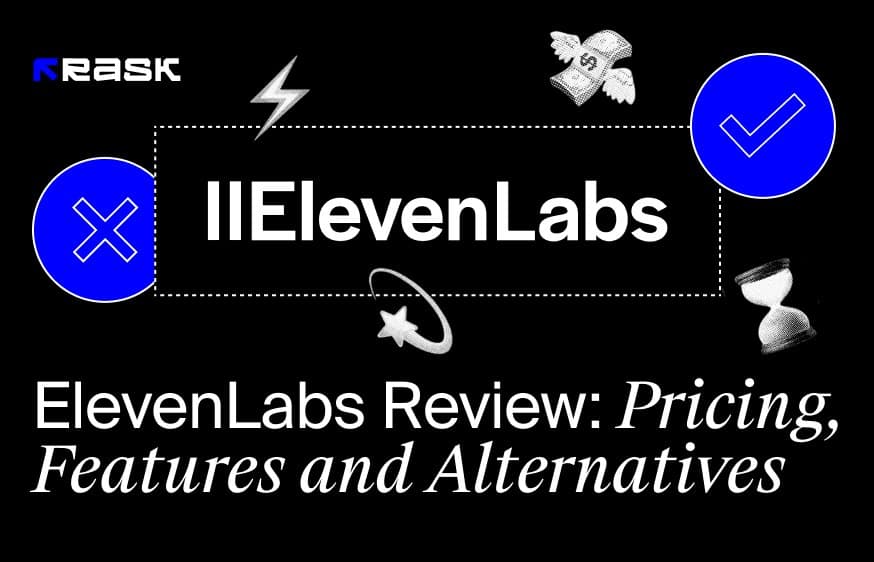
.jpg)
.webp)
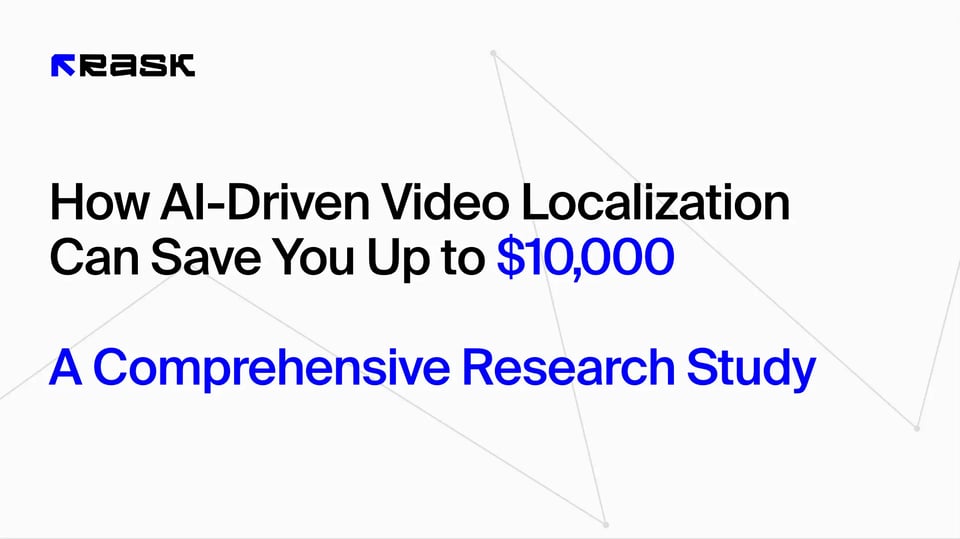
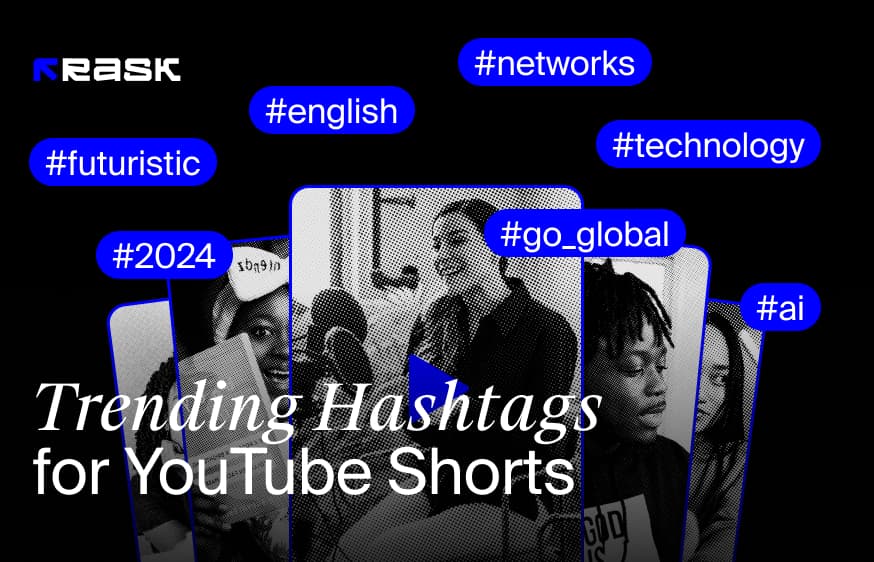
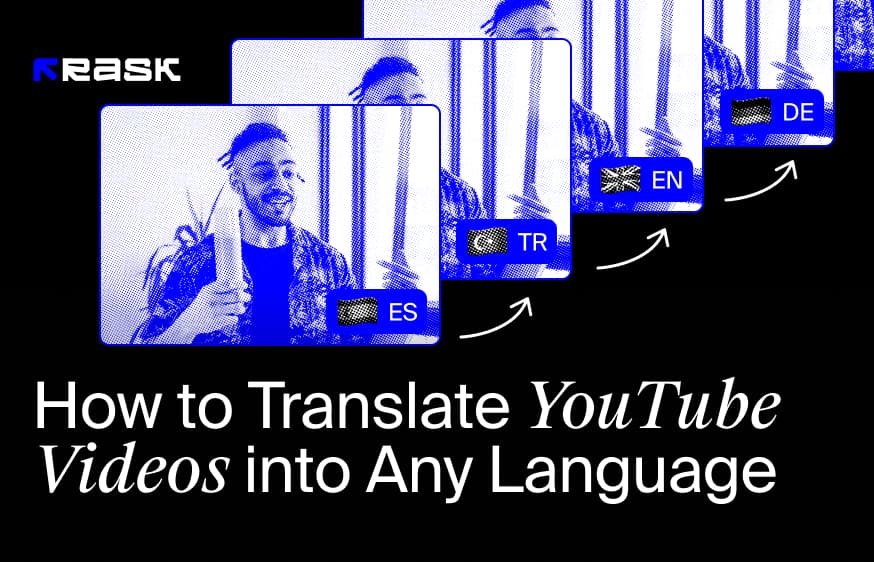
![8 Best Video Translator App for Content Creators [of 2024]](https://rask.ai/cdn-cgi/image/width=960,format=auto,fit=scale-down/https://cdn.prod.website-files.com/63d41bc99674c403e4a7cef7/6668a3dcd3175bd1d1c73c81_Best%20video%20translator%20apps%20cover.webp)
![Best AI Dubbing Software for Video Localization [of 2024]](https://rask.ai/cdn-cgi/image/width=960,format=auto,fit=scale-down/https://cdn.prod.website-files.com/63d41bc99674c403e4a7cef7/66685014f68137eb05c89c16_Cover.webp)

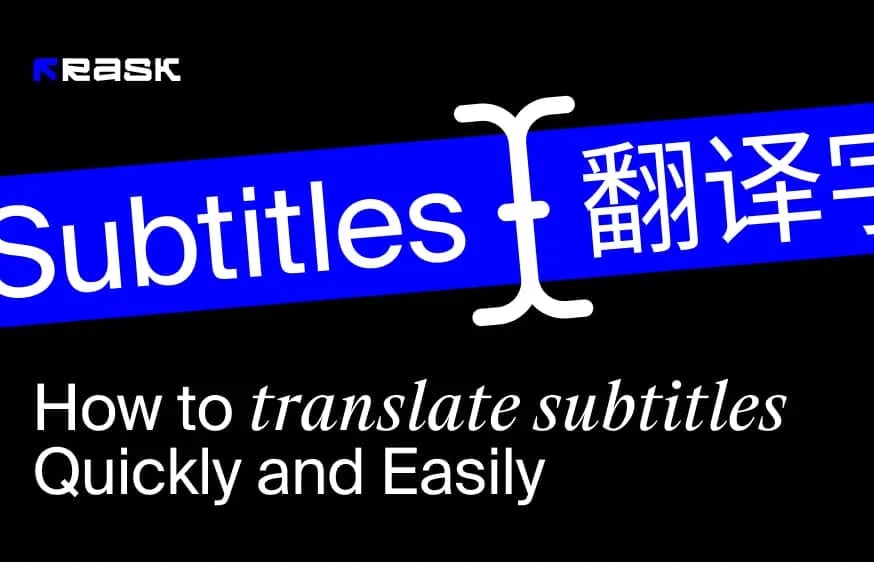
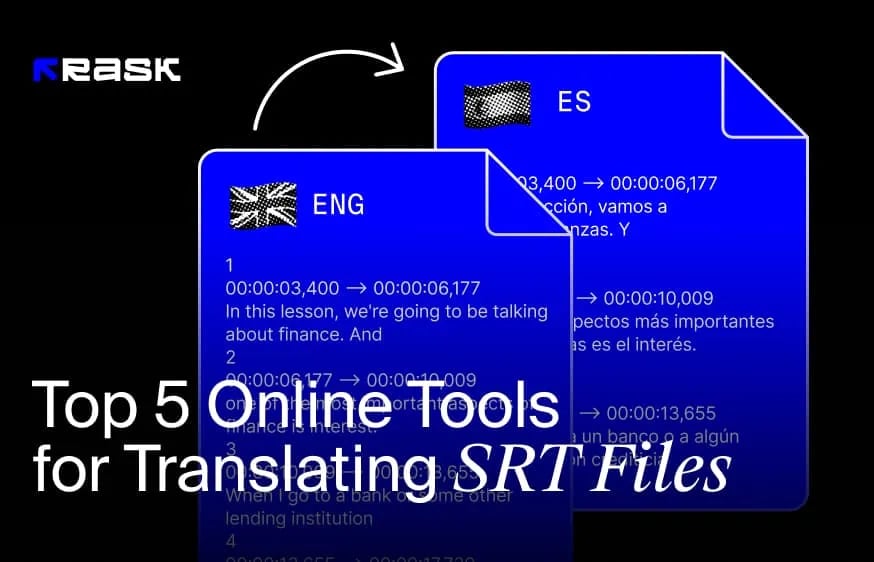
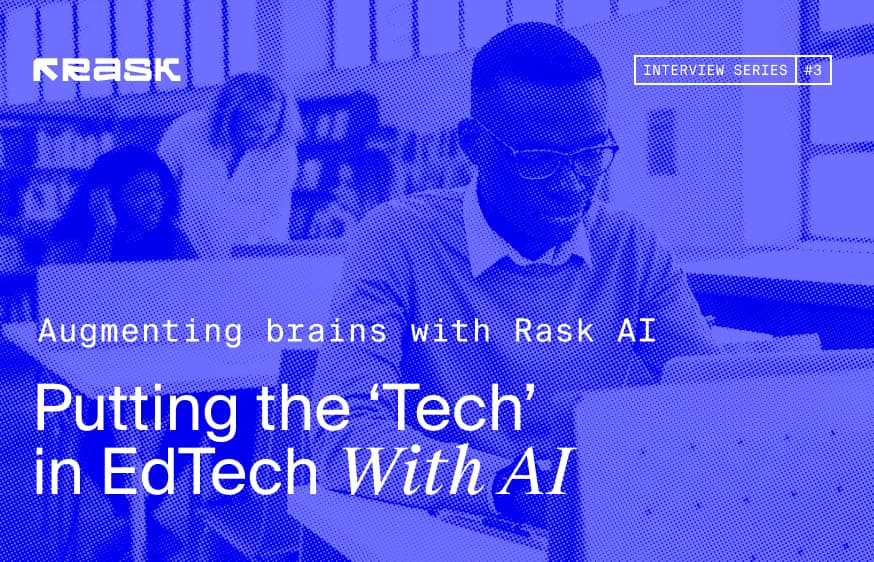
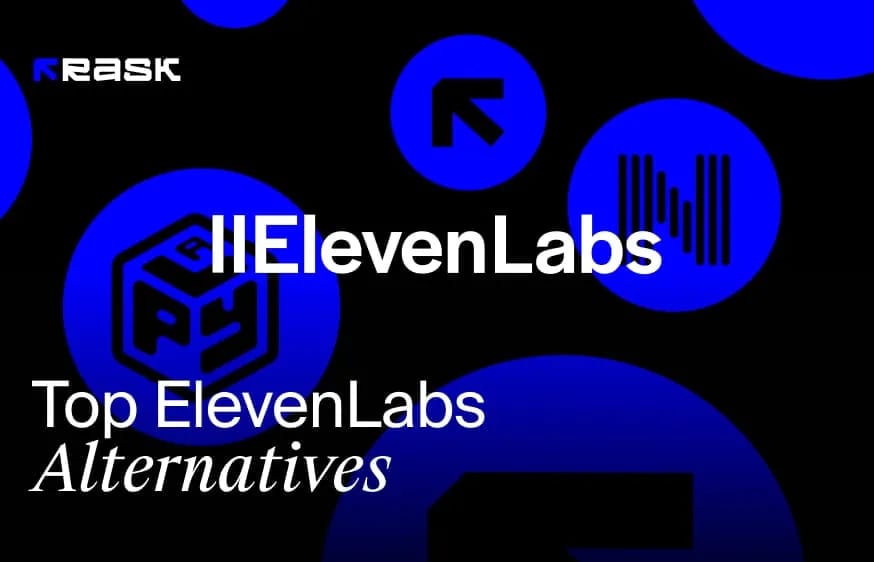
.webp)

